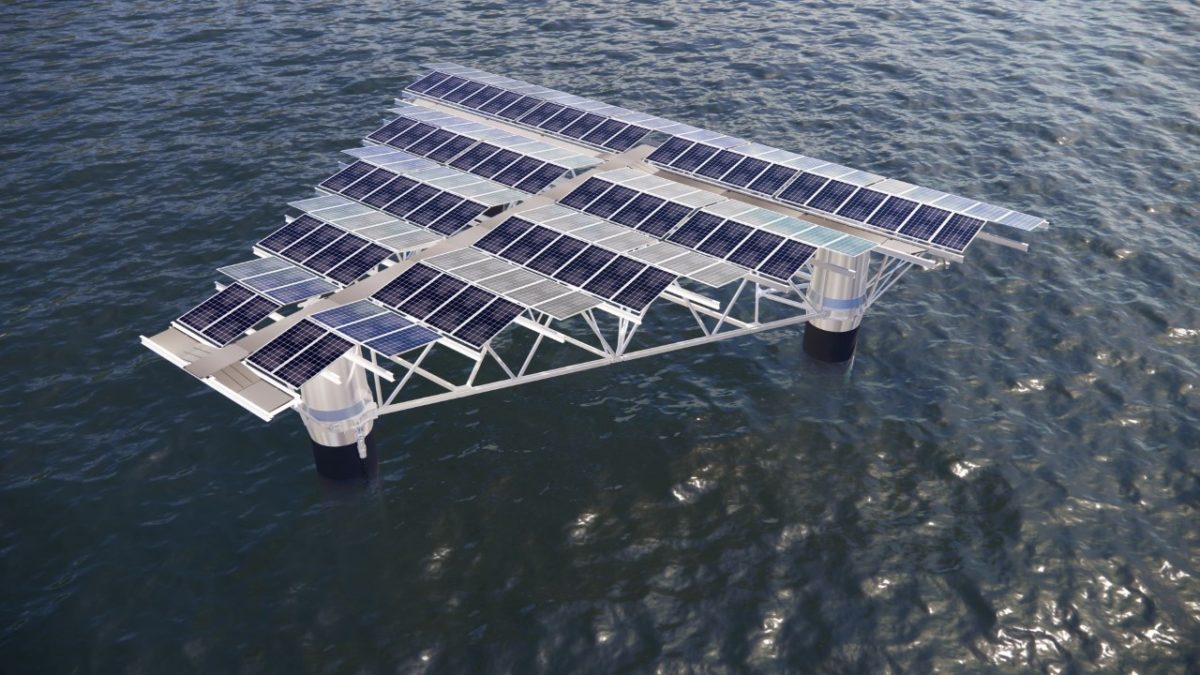The Tokyo Metropolitan Government has awarded a contract to Japanese real estate company Tokyu Land to build an offshore floating photovoltaic pilot project in the Tokyo Bay Area
Tokyu Land said in a statement that it will build the demonstrator in partnership with Dutch offshore PV specialist SolarDuck and Tokyo-based Everblue Technologies. It said it will provide more details on the project after wrapping up consultations with the Tokyo Metropolitan Government's Bureau of Policy Planning. The three companies aim to commercialize the floating solution across Japan in the future.
In 2021, SolarDuck unveiled the first demonstrator project to feature its floating structure technology for solar projects at offshore sites in estuaries, natural harbors, and near-shore sites. It deployed the 64 kW system on an inshore site on the Waal (Rhine) River, near IJzendoorn, Gelderland, the Netherlands.
More recently, SolarDuck agreed to develop a pilot project in the North Sea in cooperation with the Delft University of Technology (TU Delft), the Netherlands Organisation for Applied Scientific Research (TNO), Maritime Research Institute Netherlands (MARIN), and Deltares. The consortium has secured €7.8 million in funding from the Dutch government.
Its floating arrays hold the solar panels more than 3 meters above the surface of the water, and are able to handle coastal sea conditions and hurricane-force winds. The systems are optimized for offshore sites in estuaries and natural harbors, as well as near-shore sites.
The basic floating platforms are triangular structures measuring 16 meters x 16 meters x 16 meters. They resemble offshore floating wind platforms or floating oil platforms. They can be flexibly connected together to form large plants.
This content is protected by copyright and may not be reused. If you want to cooperate with us and would like to reuse some of our content, please contact: editors@pv-magazine.com.




4 comments
By submitting this form you agree to pv magazine using your data for the purposes of publishing your comment.
Your personal data will only be disclosed or otherwise transmitted to third parties for the purposes of spam filtering or if this is necessary for technical maintenance of the website. Any other transfer to third parties will not take place unless this is justified on the basis of applicable data protection regulations or if pv magazine is legally obliged to do so.
You may revoke this consent at any time with effect for the future, in which case your personal data will be deleted immediately. Otherwise, your data will be deleted if pv magazine has processed your request or the purpose of data storage is fulfilled.
Further information on data privacy can be found in our Data Protection Policy.